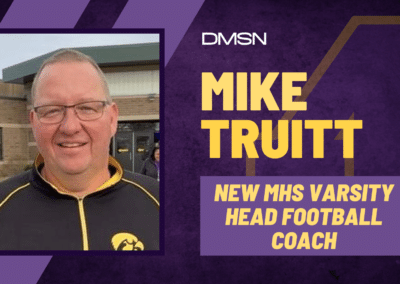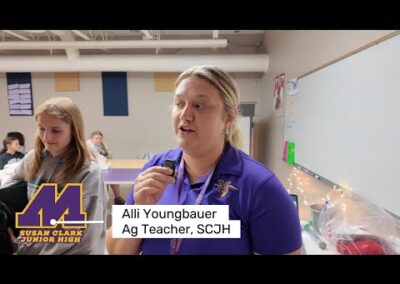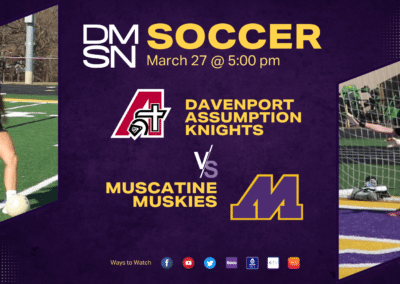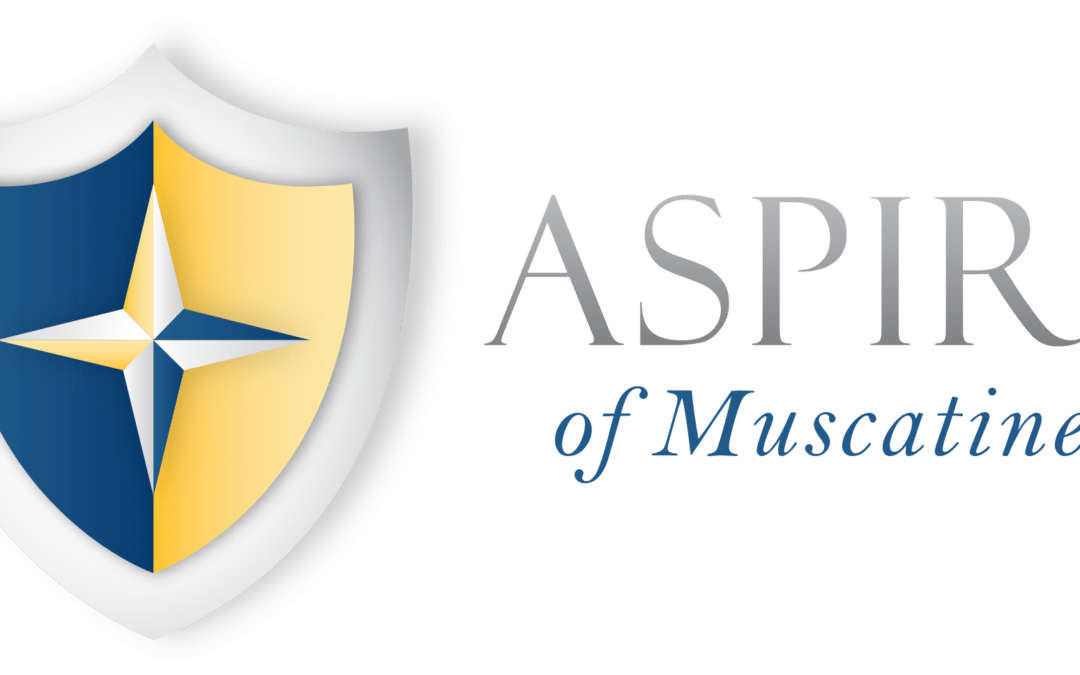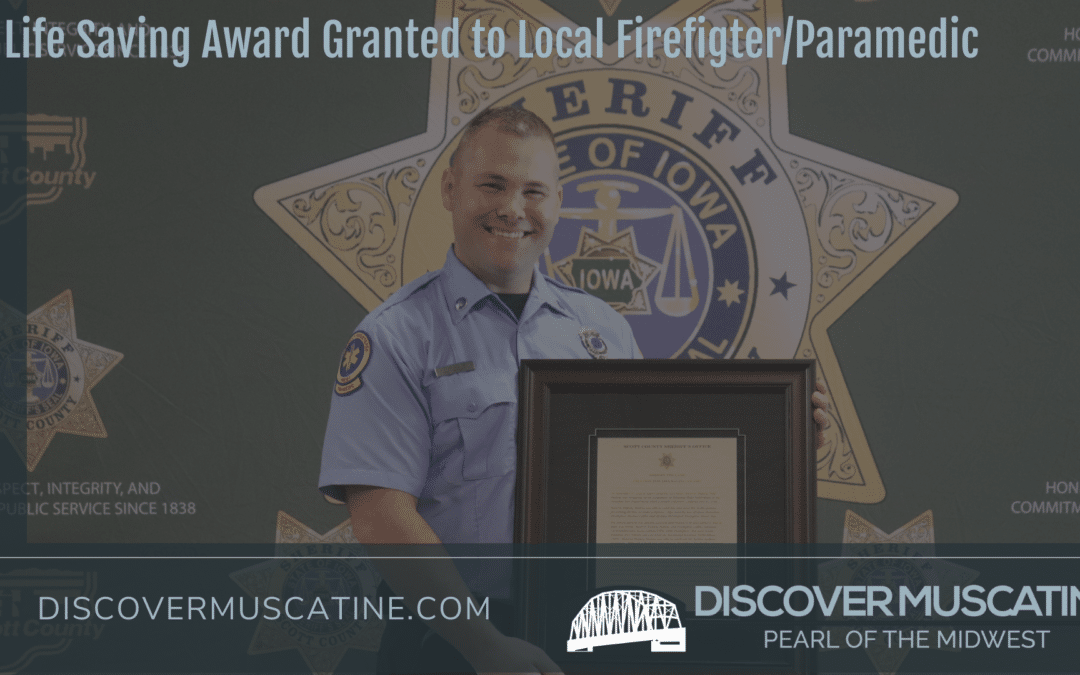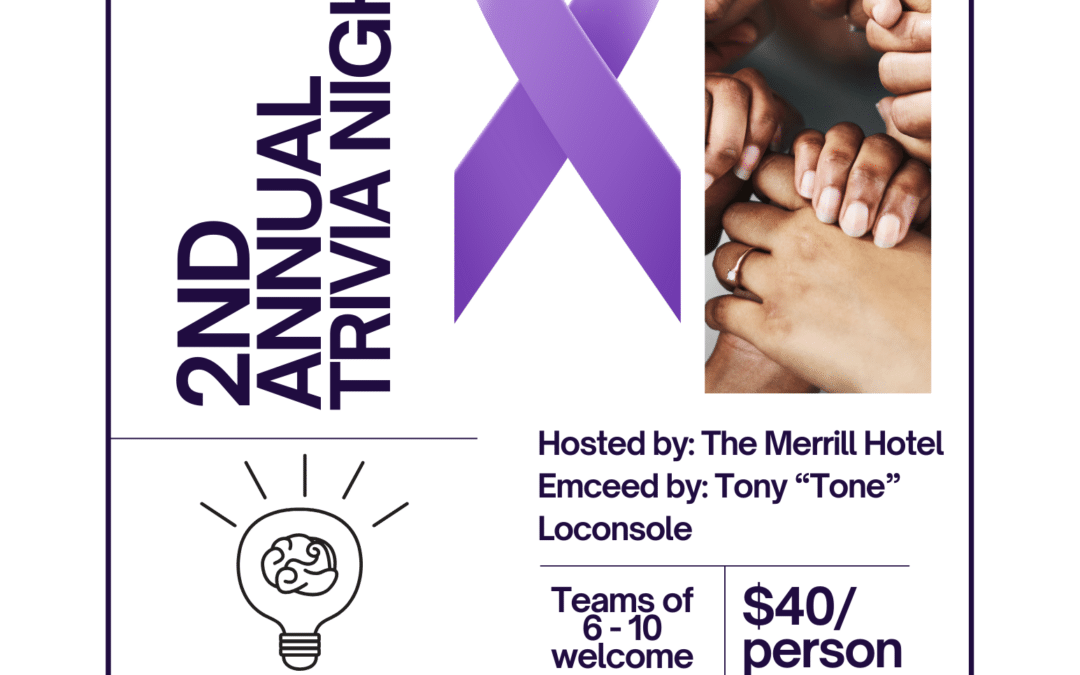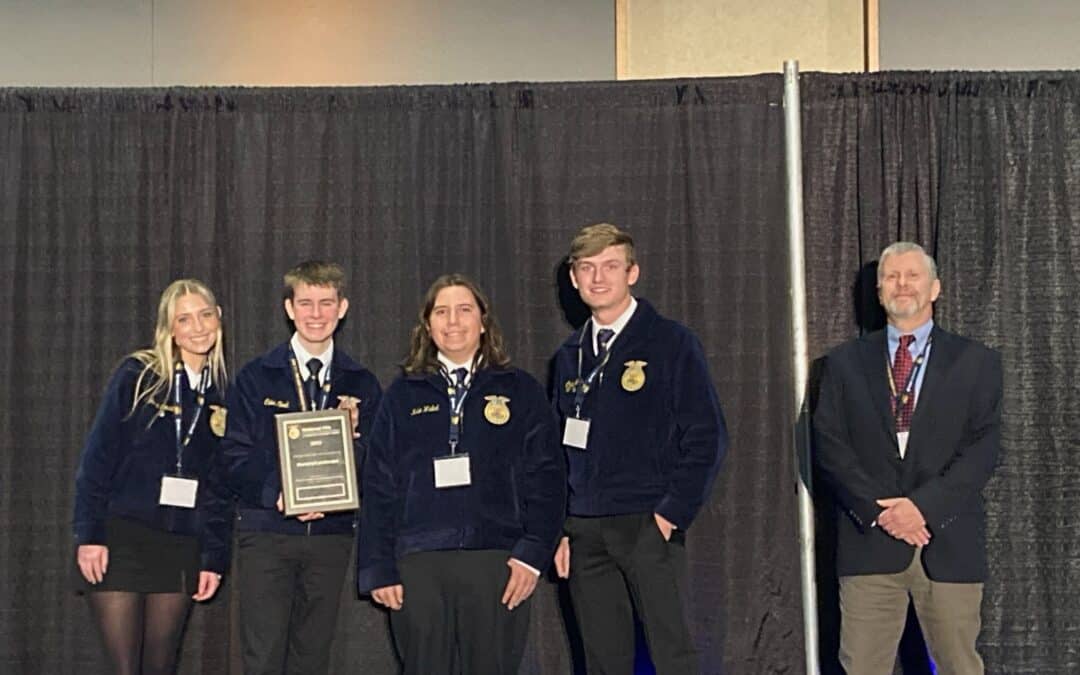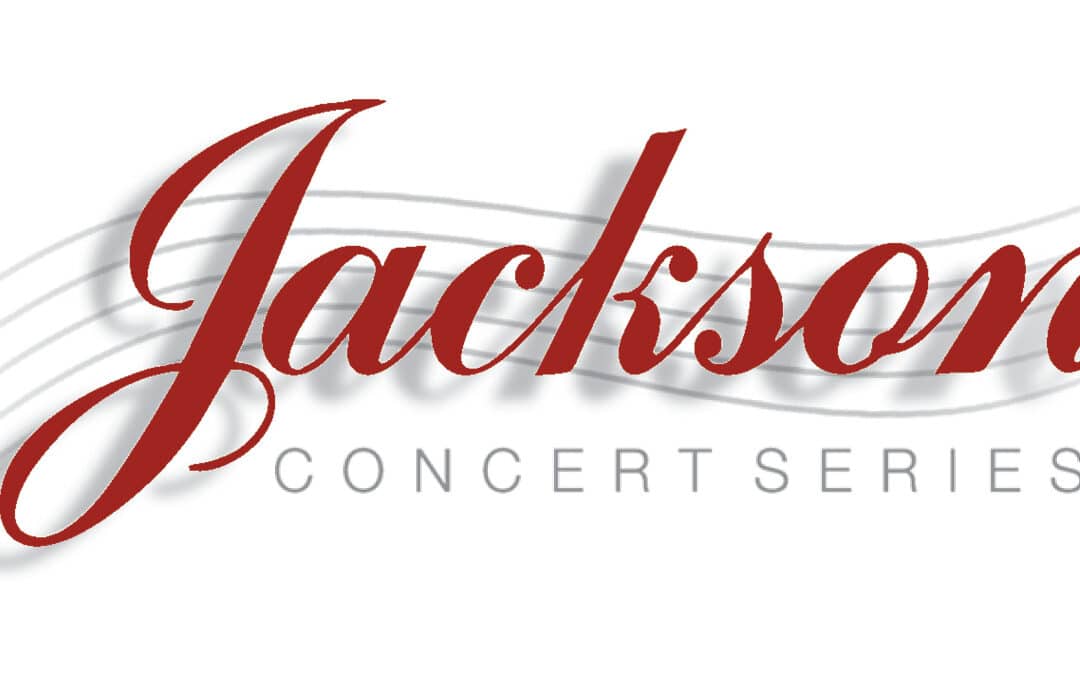DES MOINES, Iowa — On Feb. 11, National 211 Day, 211 Iowa will have much to celebrate. Within the last year, 211 Iowa has connected more individuals with help and resources than ever before. In fact, since March 2020 when 211 Iowa was tapped to be the state’s official COVID hotline, 211 usage has skyrocketed going up more than 81% in 2020, compared to the previous year. More than 52% of the to 138,849 contacts (both calls and texts) made in 2020 were COVID-19 related (72,734 COVID-related in total). Those figures do not include users who accessed information using the 211 Iowa app or website.
Additionally, 211 was there for the state when disaster struck Aug. 10, 2020, when a weather complex known as a derecho pummeled the central and eastern regions of the state.
National 211 Day was created to recognize the free, user-friendly phone number that serves about 95% of America’s population, including the complete state of Iowa. 211 Iowa covers all 99 counties with 24/7 coverage. Every Iowan has access via four call centers which are privately funded by local and regional partners.
Melissa McCoy, Iowa’s 211 director says there are four ways to communicate with 211 across the state — by a phone call, text, app, or the website. March 17, 2020, was the busiest day of the year for 211 Iowa with 1,916 contacts (calls and texts). These days the increased 211 usage means having several calls waiting in the queue not being unusual. However, 211 Iowa has initiated a callback feature which allows callers to keep their place in line and receive a call when it’s their turn instead of waiting on hold.
“Now, we’re helping so many people who have questions about the vaccine, about symptoms and about COVID in general,” McCoy said. “We are still receiving all the standard types of calls we answer and COVID has added a new dimension. We were fortunate to have a statewide hotline system in place that the state could tap into to handle this additional volume. We’re looking at hiring additional people — if we are able to get additional funding so that citizens of Iowa won’t have to wait to connect with a call specialist.”
211 Iowa has been in the state for decades, previously known as First Call for Help and Community Telephone Service, according to McCoy. The specialists who answer the phone are highly trained. Once they take the call and discern the needs, the specialists connect callers with the best resources from a continually updated, extensive database of resources. The 211 specialist explains how to access the services. For example, in the case of a worker who has recently been laid off or whose hours have been reduced, the 211 specialist may share information about unemployment benefits, job search options, SNAP benefits, food pantries, mortgage or rent help, utility assistance, counseling, and other available resources.
One of the misconceptions about 211, according to Deann Cook, executive director of United Ways of Iowa, is that some people believe the hotline is reserved for people in dire need. “We want the state to know that 211 is for everyone,” said Cook. “If you have a question about any kind of resources, whether the question is related to housing, disaster relief, utilities assistance, or if you need information about COVID, dial 211.”
McCoy encourages people to call 211 when they don’t know where to turn. Assistance is available in multiple languages, and services are accessible to people with disabilities. 211 Iowa uses a Language Line translation service that can translate assistance in 150 languages.
“The biggest lesson I’ve learned in my 15 years at 211 is that there is no such thing as a silly question,” McCoy said: “Sometimes people are ashamed to ask for assistance. They feel like there’s someone out there who needs more assistance than they do. We want everyone to know that we are a resource and are here to help.”
Cook notes that 211 serves a purpose beyond connecting people with needed resources. “211 also helps us keep a pulse on communities around the state — where a specific need is emerging,” she said: “We are able to closely track the calls to see the highest needs in specific areas and share that information with community leaders and policymakers. We’re able to let these partners know which needs are most pressing in their area so they can determine if they have the resources to meet them for their constituents. It’s a valuable tool for planning.”
During the onslaught of calls near the start of the pandemic, Dave Stone, advocacy officer for United Way of Central Iowa, trained and acted as a 211 specialist. He says he had believed in the power of 211 before, but after answering calls and hearing the fear in people’s voices, he had a new appreciation for the service.
“Being able to talk individuals down from that fear and help them with their crisis by working with them to develop an action plan confirmed the importance of 211 for the state of Iowa for me,” Stone said.
Research shows that without 211, callers can make an average of eight phone calls to different numbers before finding the services they need. 211 cuts through the red tape to save providers time and money, while helping Iowans connect with the resources they need.
The Federal Communications Commission approved 211 for nationwide use as a short number July 20, 2000. United Way of Metropolitan Atlanta was the first to introduce a 211 service in 1997. Many states began implementation plans soon after in partnership with the Alliance of Information and Referral System (AIRS).



